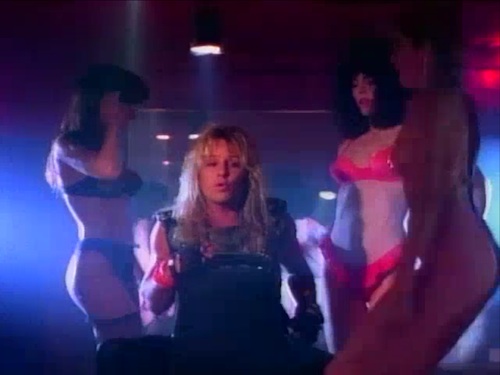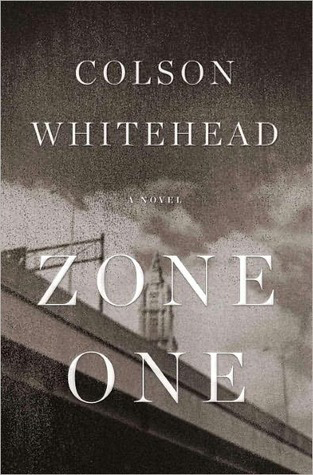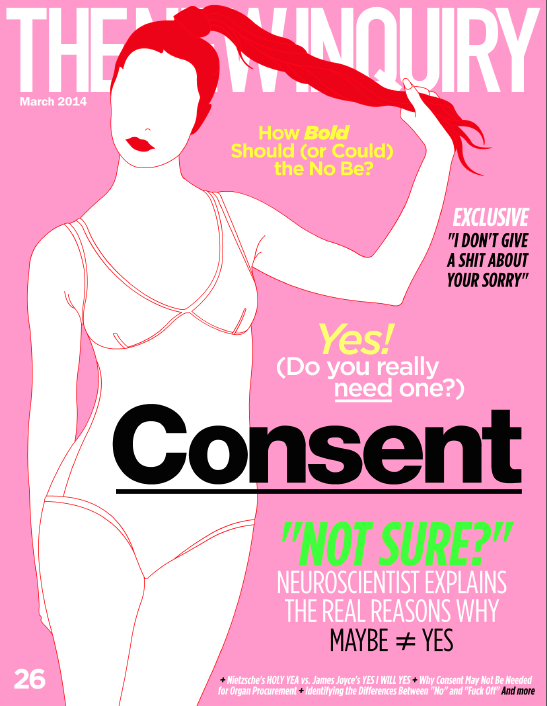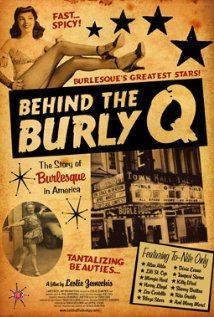Working While Pregnant Is About Survival

Yes, I saw the coverage earlier this month on pregnant Nevada brothel worker Summer Sebastian blogging about enjoying a few months at work at the Bunny Ranch while her (former) millionaire partner watches their beautiful twins at home.
No, I didn’t get the promised message of empowerment and normalization or a real heart-to-heart on what it’s like to be a mother and a sex worker.
This woman lives in a fantasy world where she’s the personal star of her own little reality show. She has safeguards, privileges, incentives, and motivations that even the most successful of us more marginalized sex workers lack.
I’m not going to applaud her for working full-service during her pregnancy and sharing it with the world, because she isn’t sharing it for me.
We don’t even need to talk about any risks posed to her baby because, let’s be real, she has the security of open access to medical care, stable housing and food, security personnel protecting her at her legal brothel, virtually no risk of being blackmailed or arrested, and—most invaluable to every pregnant person—she has a solid system of support in other workers. Sex work is lonely and isolating by nature and having a tribe physically present is a vital resource that we should all have access to.
This woman has access to literally anything in the world that a pregnant hooker could ever need.
Including a platform.



 Leslie Zemeckis (wife of director Robert) released a documentary about a year ago called Behind the Burly Q: The Story of Burlesque. I haven’t seen it yet, but maybe I will some day. Burlesque seems cool from what I know; I’ve only seen a little bit of it, but am interested in watching talented dancers, whatever genre they’re in. I’ve definitely heard burlesque girls trash-talk strippers, but so do most people, so it’s not like I hold the entire burlesque community accountable for the words of a
Leslie Zemeckis (wife of director Robert) released a documentary about a year ago called Behind the Burly Q: The Story of Burlesque. I haven’t seen it yet, but maybe I will some day. Burlesque seems cool from what I know; I’ve only seen a little bit of it, but am interested in watching talented dancers, whatever genre they’re in. I’ve definitely heard burlesque girls trash-talk strippers, but so do most people, so it’s not like I hold the entire burlesque community accountable for the words of a